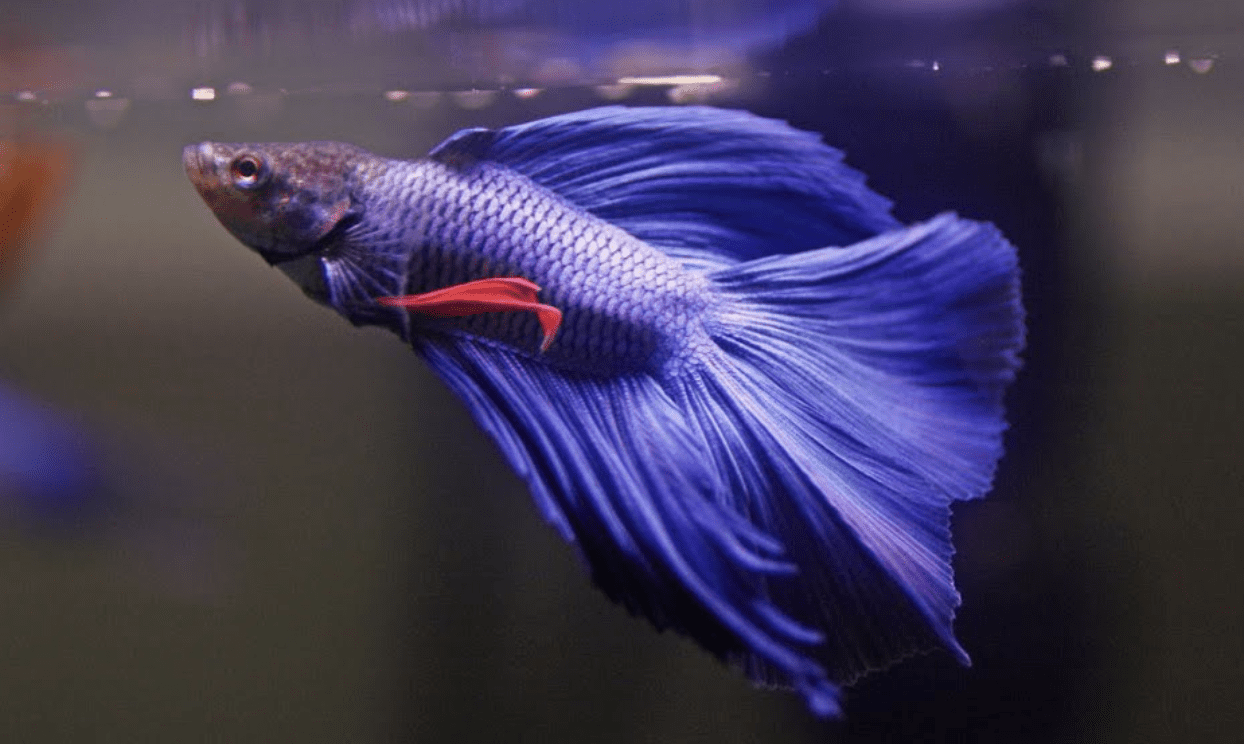Keeping a betta fish as a pet can be a great idea. These beautiful little creatures are quite sociable and will not shy away from the human company if they are kept in the right conditions. Keeping them as pets also comes with numerous benefits, such as lowering stress levels and offering an alternative way to deal with everyday stressors while also fostering an increased sense of responsibility among children. However, keeping a betta fish poses some challenges. These creatures have very specific needs when it comes to housing, temperature, food, and water conditions. If you’re thinking of getting a betta fish for your home as an exotic pet, read these simple tips on how to keep your betta fish safe in your house –
Betta fish are very sensitive to temperature changes
Betta fish are tropical fish, and as such, thrive only in warm waters that are kept at a minimum of 70 degrees Fahrenheit. Temperatures below or above this mark can seriously damage your betta fish’s health and even cause death. Betta fish aren’t very good at regulating their body temperature. That’s why keeping them in cold waters can cause their metabolism to slow down, causing lethargy and making them more prone to diseases.
Keeping your betta fish in warm waters, on the other hand, can cause hyperactivity and make your fish susceptible to infections. You should also make sure that your tank is well insulated so that your betta is kept warm even when the room temperature drops.
Your betta’s tank should be kept at a constant temperature
As already mentioned, betta fish thrive in warm waters. They also require a constant temperature in their tank. This can be achieved by either keeping your betta in a heated tank or by installing a heater inside your tank. Heaters can be used even in unheated tanks (though the unheated tanks are usually cheaper), but you’ll need to make sure that the temperature in your tank does not rise above the recommended levels. You can do this by regulating the time for which you switch on the heater. A thermometer can also be used to keep track of water temperature.
Don’t use chlorinated water when maintaining your betta’s tank
Betta fish are very sensitive to chemicals, and chlorine is one of the most toxic chemicals that is commonly found in tap water. Tap water is often treated with chlorine to kill harmful microorganisms, but betta fish are very sensitive to even the slightest traces of chlorine and will get stressed out if water with chlorine is used to maintain their tank.
You can either use bottled water or a filter to get rid of chlorine in your tap water. You should also use deionized water to fill your betta’s tank when you are changing the water.
You should also constantly monitor the pH of your tank
Betta fish thrive in warm, soft water with a pH level ranging between 6.5 and 7.5. You can check the pH level in your betta fish tank by using a water testing kit. If the pH level of your tank is below 6.5, you should add baking soda to the water to bring it to the desired levels. If, on the other hand, the pH level in your tank is above 7.5, you should add some vinegar to the water.
Make sure that your betta gets enough oxygen by constantly aerating the water and using a water filter.
Betta fish are very sensitive to poor water quality, and water quality is often affected by a lack of oxygen in the water. Aerating your betta fish’s tank by using an air pump can greatly help in maintaining good water quality. A water filter can also be used to help in the process of aeration. You can also choose to keep a healthy population of bacteria in your tank by adding beneficial bacteria to the water.
The Importance of Using a Water Filter For Your Tank
Betta fish produce a lot of waste, and this waste can pollute the water in the tank if it is not removed regularly. Using a water filter can help in the process of water cleaning and make sure that your betta gets enough oxygen so that it can live a long and happy life. Water filters come in many different forms, including filters that use activated carbon, UV sterilizers, diatom filters, and even filters that use ozone.
You can use any of these water filters to keep your tank clean and healthy. Keep these simple tips in mind when you’re getting ready to take care of a betta fish. They might seem like a fussy species, but they are very easy to take care of once you’ve got a few tips under your belt.






